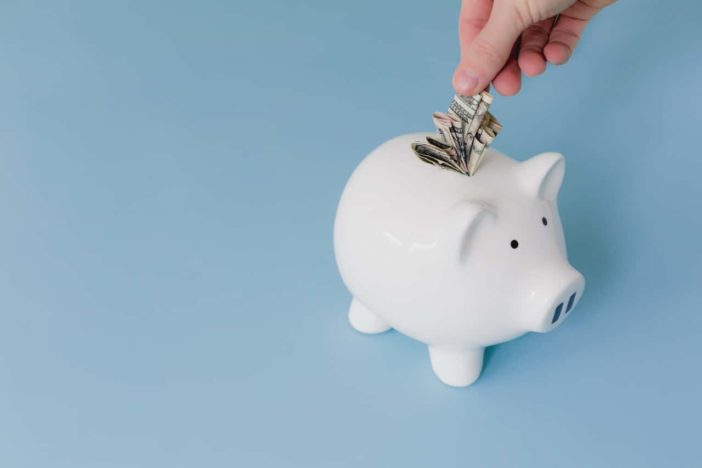An emergency fund is one of those financial tools that everyone should have. Why is that? Read ahead to find out what benefits it brings to the table.
Why You Should Have Emergency Savings
You don’t want to be surprised by an expense that you can’t ignore and that you can’t afford to make. Having an emergency fund will make it easy to handle such an unpredictable moment. The funds are there and easy for you to access. You can pay to address a problem right away and then move forward.
Other than speedy payment, one of the biggest benefits of an emergency fund is that it doesn’t have any negative effect on your budget. You don’t have to worry about the surprise expense impacting your responsibilities for the rest of the month (or beyond that). You will still be able to pay for your rent/mortgage, your bills, your groceries, etc. This financial tool keeps everything else running smoothly.
And the last benefit that you need to consider is that your emergency fund is all yours. Every penny. It’s not borrowed. There is no interest or penalty that comes with withdrawing from your account. You don’t have to think about repayments — however, you should do your best to replenish the fund so that you can deal with an emergency in the future.
How Much Should You Save in Your Emergency Fund?
How much should you save? It depends on what your goal is. If you want to save for urgent repairs and appointments, having around $2000 in emergency savings is a good start. If you want to save for major life upheavals, like job loss, you should try to save three to six months’ worth of your income. That should keep you afloat at the worst of times.
What If You Don’t Have an Emergency Fund?
If you’re dealing with an emergency expense but have no emergency fund, what can you do? You have a few options, depending on your financial situation.
You could use your credit card to cover the expense immediately and then pay down your card’s balance later on. This option only works if your balance isn’t too high and you have enough credit available. Otherwise, you could risk maxing out your card.
Another option you could try is a personal loan. Like a credit card, a personal loan would allow you to use borrowed funds to cover the emergency expense right away and manage repayments later on. Click here to learn about online personal loans through CreditFresh and see whether you meet all of the qualifications to apply. If you do, you should send in an application and see if you get approved. The loan could come in handy.
And finally, you could turn to a friend or family member for help and ask them for a loan. They could send you some money to cover the emergency. You should know that there is an emotional risk with this option — money can ruin relationships if you’re not careful. The easiest way to deal with emergency expenses is to dip into an emergency fund. So, why not make your life easier and start building your fund now?
Photo Credit: Matthew Henry via Burst





